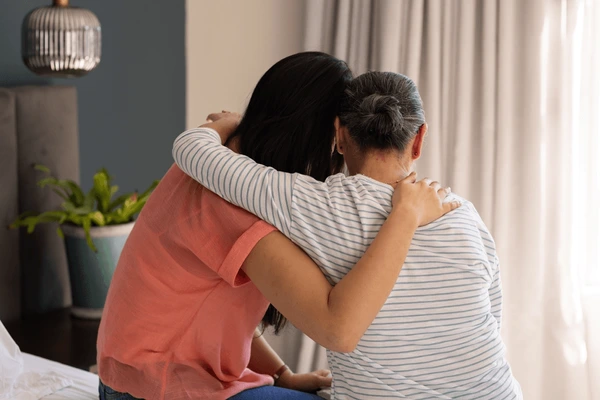Miscommunication is one of the most common challenges in relationships. Even small misunderstandings can create walls between partners, leaving both feeling unheard, misunderstood, or emotionally unsafe. However, rebuilding emotional safety is possible with intention, patience, and the right strategies.
Acknowledge and Validate Feelings
The first step in repairing emotional safety is acknowledging each other’s feelings without judgment. When you validate your partner’s emotions, it helps them feel seen and respected. For instance, instead of dismissing a concern with “You’re overreacting,” try saying, “I understand why that upset you.” Validation doesn’t mean you always agree; it simply communicates care and attention.
Prioritize Self-Care
Rebuilding emotional safety is much easier when you’re also taking care of yourself. Engaging in self-care habits for busy people ensures you maintain mental clarity and emotional stability, even during conflicts. From short meditation sessions to quick journaling, small self-care practices can create a foundation of calm and balance that benefits both you and your relationship.
Additionally, creating a self-care checklist can help you track daily habits that support emotional health. Simple steps like setting aside quiet time, reflecting on your feelings, or going for a walk can have a profound impact on your ability to communicate effectively.
Practice Mindful Communication
Miscommunication often stems from assumptions, distractions, or unresolved personal stress. Practicing mindful communication means actively listening and expressing yourself clearly. Techniques like using “I” statements (“I feel hurt when…”) instead of “You” statements (“You always…”) can prevent blame and promote understanding. Pairing this with regular daily self-care practices helps keep emotions regulated so conversations remain productive.
Rebuild Trust Gradually
Emotional safety and trust go hand in hand. After miscommunication, trust may feel fragile. Small consistent actions—like following through on promises, being transparent about your feelings, and showing empathy—can help rebuild this foundation.
For individuals navigating complicated family dynamics, like co-parenting, seeking baby mama support can also be crucial. Support systems provide guidance, perspective, and reassurance, making it easier to maintain emotional safety despite challenging interactions.
Allow Space for Emotional Recovery
Emotional recovery doesn’t happen overnight. Give yourself and your partner the grace to heal at your own pace. Engaging in mental wellness self-care and focusing on emotional recovery after loss can strengthen resilience and help both partners feel safer and more connected over time.
Celebrate Progress
Finally, acknowledge and celebrate even small victories in communication and trust-building. Recognizing growth reinforces positive behavior and helps both partners feel motivated to continue fostering emotional safety.
Final Thoughts
Rebuilding emotional safety after miscommunication requires patience, intentionality, and self-care. By validating feelings, practicing mindful communication, prioritizing your well-being, and seeking support when needed, you can restore trust and intimacy in your relationship. Remember: emotional safety is not a destination but an ongoing practice, strengthened by care, consistency, and understanding.



